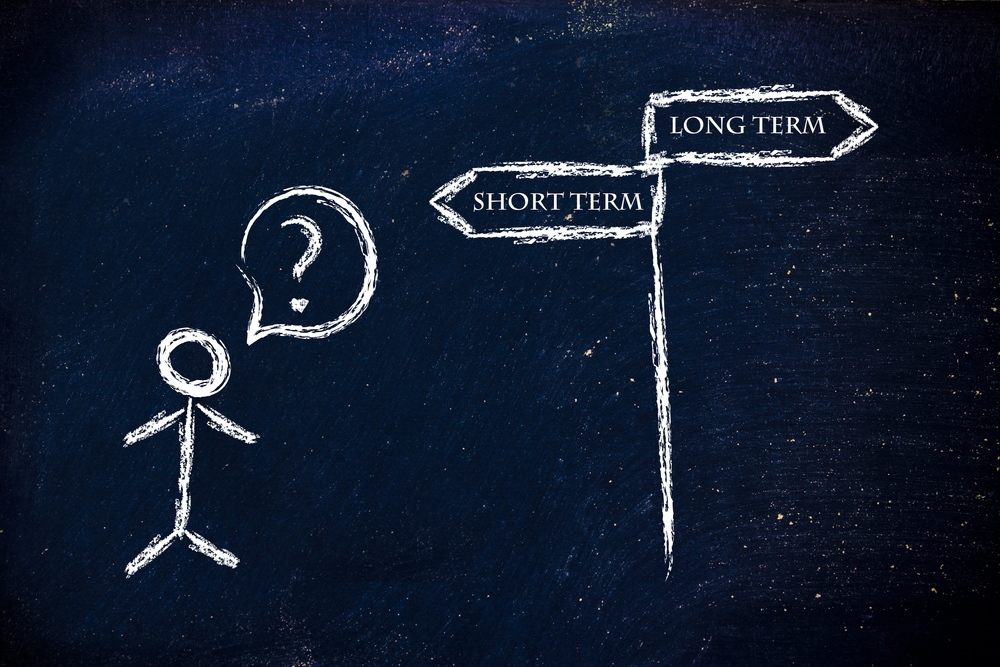Property investment is a popular wealth-building plan for many Australians.
Recent statistics from ING Direct showed 20 per cent of people said they own at least one investment property. Of these, nearly one-third said they have two or more.
But not everyone has the same objectives when buying real estate. Some investors hope to take advantage of market volatility by buying and selling homes over a relatively short space of time to make a quick profit. Other people take a more long-term view, holding on to properties and allowing them to grow in value over the years.
The median price of properties in Melbourne has climbed 15.9 per cent in the last year alone.
The approach you choose will depend on your unique investment goals, so speak with an expert to find a tailored plan for your needs. In the meantime, here is a broad overview of some of the pros and cons of short- and long-term property investment plans.
High or low risk?
Your appetite for risk will play a key part in your preferred investment strategy. Short-term plans often require you to buy in areas that are likely to experience rapid growth and then sell the property for reasonable returns before the market takes a turn for the worse.
This can be an effective strategy for savvy investors. For example, the median price of properties in Melbourne has climbed 15.9 per cent in the last year alone, according to the latest CoreLogic data.
If the same growth rate continues, a home that's worth the average of $655,000 today would add nearly $105,000 in value by this time next year. However, price growth has slumped 2.1 per cent in both Perth and Darwin, so anyone hoping to flip properties in these locations would have experienced a loss.
Long-term investors have more options for where and when they buy and sell properties, as they aren't aiming for immediate gains. This makes it a less risky and less stressful proposition for buyers.
Sydney, Melb & Canberra recorded annual value growth over 10% over the past year | https://t.co/2YtnZPGh8z #ausproperty #SydRE #MelbRE pic.twitter.com/wMtwlFEu1v
— CoreLogic Australia (@corelogicau) August 3, 2017
Immediate or long-term cash flow?
Buying and selling in a short timeframe can give you an immediate cash injection. If you're able to purchase in the right area, renovate well and leverage market growth, you can make considerable profit on your investment quickly.
Alternatively, long-term investors can rent out their properties and benefit from a steady income stream over many years. Substantial deductions are available to property owners, so these investments can also prove effective as part of a tax minimisation strategy.
You can therefore maintain solid cash flow over the short- and medium-term, while also having the option to sell when market conditions are optimal.
A potential downside is that not all properties will increase in value over the long term. For example, housing that develops around a particular industry or high-profile company is a risky investment, such as mining towns that experienced heavy growth during the resources boom but have since seen rapidly declining prices.

Active or passive involvement?
Buyers usually have more involvement in the property investment process if they are purchasing real estate for a quick turnaround.
You must be aware of current market trends, as well as the areas tipped for growth and ways to make your property appeal to prospective house hunters. There's also a likelihood you will be more hands-on with any renovation work that's required in order to minimise costs where possible.
Long-term investors may instead want to take a step back and allow experts to manage the property, including finding tenants, collecting rents and organising repairs. The fees associated with property management are also deductible.
Would you like to discuss the pros and cons of property investment in more detail? Please contact our team to find a solution that fits your needs.

